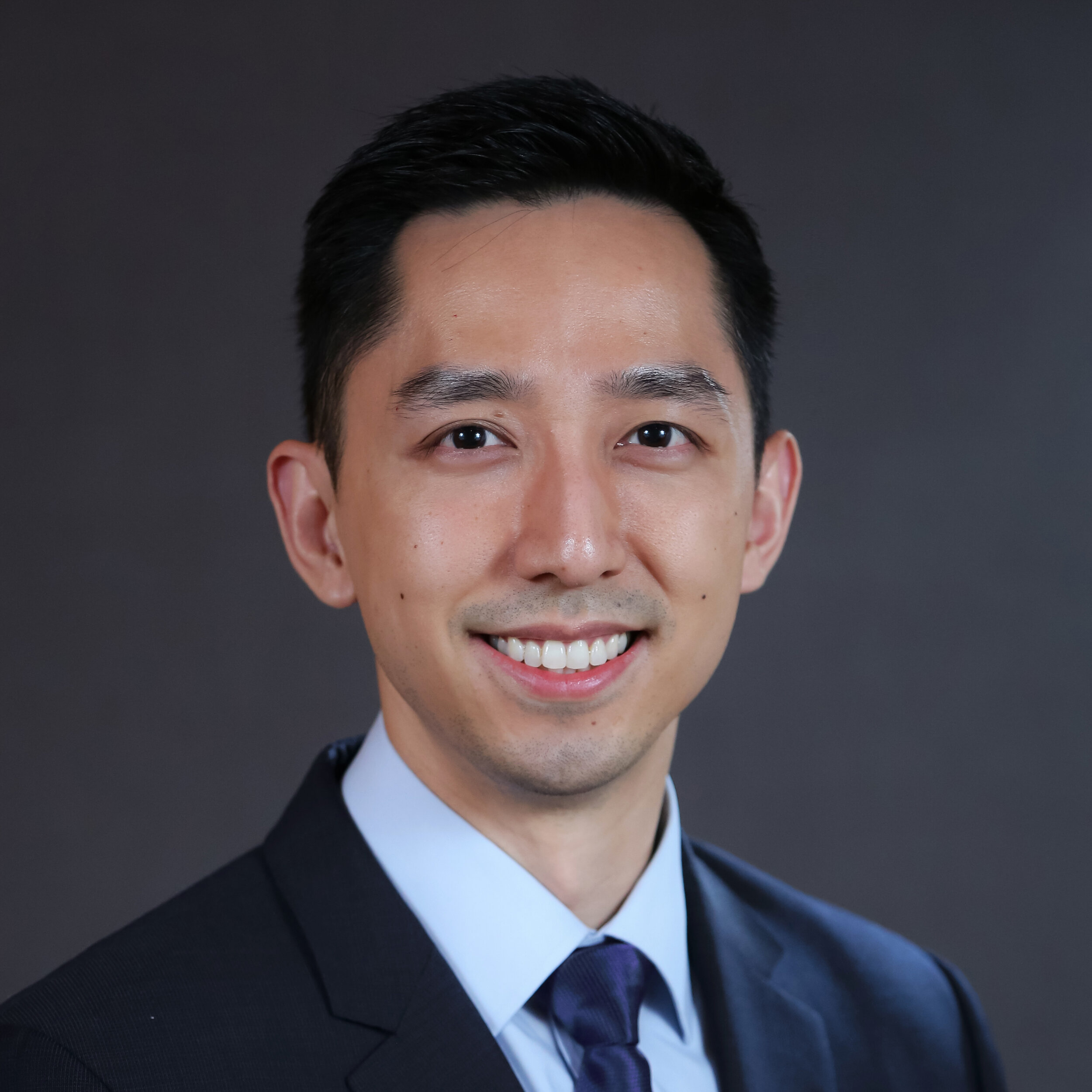Michael Fu, MD - HSS Orthopedic Surgeon and Shoulder Specialist
Shoulder Biceps Tenodesis Surgery
Among the various causes of shoulder pain, issues related to the biceps tendon are common. Biceps tendon pathology is also frequently concurrent with other issues in the shoulder, such as a rotator cuff tear. Biceps tenodesis is a surgical procedure aimed at relieving pain caused by biceps tendon problems, which can range from tendinitis, tendon instability, tendon tearing, or tearing of its origin from the shoulder labrum.
Understanding the Biceps Tendon
The biceps muscle, located at the front of your upper arm, plays a crucial role in the movement of your shoulder and elbow. This muscle has two tendons that attach it to the bones of the shoulder; one is the long head of the biceps tendon, which often is involved in shoulder problems. Issues with the long head of the biceps tendon can arise from overuse, injury, or degenerative changes, leading to pain and discomfort. Please see our biceps tendinitis article for more detail.
Shoulder long head biceps tendon
When is Biceps Tenodesis Needed?
Biceps tenodesis is typically recommended when conservative treatments like physical therapy, medication, and rest have failed to relieve symptoms. Conditions that might require this procedure include biceps tendinitis, tearing of the shoulder labrum involving the biceps tendon attachment, or tears of the biceps tendon. Symptoms that may indicate a problem with the biceps tendon include pain in the front of the shoulder, weakness, or a popping sensation with certain movements.
The Biceps Tenodesis Procedure
Biceps tenodesis can be performed using arthroscopic or open surgery techniques, depending on the severity of the tendon damage and the presence of other shoulder issues. The goal of the procedure is to release the damaged section of the biceps tendon from its original attachment and reattach it to the upper arm bone (humerus), thus relieving tension and pain. Biceps tenodesis surgery may be performed in isolation or in conjunction with other procedures in the shoulder, most commonly a rotator cuff repair.
Arthroscopic shoulder biceps tenodesis
Recovery and Rehabilitation
The recovery process from biceps tenodesis involves rest, physical therapy, and gradually returning to normal activities. Immediately after surgery, your arm may be placed in a sling to keep it immobilized. Pain and swelling are common but can be managed with medication.
Physical therapy plays a vital role in your recovery. Initially, therapy focuses on reducing pain and swelling. Over time, exercises will be introduced to improve range of motion, strength, and flexibility in the shoulder and arm. The duration of the recovery period varies among patients, but most can expect to return to normal activities within a few months.
Conclusion
Shoulder biceps tenodesis is a reliable surgical option for treating problems associated with the biceps tendon that have not responded to conservative treatments. By understanding the reasons for the procedure, how it's performed, and what to expect during recovery, patients can feel more prepared and confident in their journey towards pain relief and improved shoulder function. Please contact our office for a consultation to determine the most appropriate treatment plan for individual cases.
About the Author
Dr. Michael Fu is an orthopedic surgeon and shoulder specialist at the Hospital for Special Surgery (HSS) in New York City (NYC) and New Jersey (NJ), the best hospital for orthopedics as ranked by U.S. News & World Report. Dr. Fu is an expert at shoulder rotator cuff repair surgery, shoulder instability surgery, and shoulder replacement. Dr. Fu was educated at Columbia University and Yale School of Medicine, followed by orthopedic surgery residency at HSS and sports medicine & shoulder surgery fellowship at Rush University Medical Center in Chicago. He has been a team physician for the Chicago Bulls, Chicago White Sox, DePaul University, and NYC’s PSAL.
Disclaimer: All materials presented on this website are the opinions of Dr. Michael Fu and any guest writers, and should not be construed as medical advice. Each patient’s specific condition is different, and a comprehensive medical assessment requires a full medical history, physical exam, and review of diagnostic imaging. If you would like to seek the opinion of Dr. Michael Fu for your specific case, we recommend contacting our office to make an appointment.



